Category: Cyber Security
Showing page 1 of 2 with 54 matching results.
 READ MORE
READ MORELaw firms usually deal with highly sensitive data, and they have to ensure confidentiality at all times. With the increasing use of technology, many firms are struggling with data confidentiality as they still want to break their silos and optimise collaboration. The key to ensuring that only the right people have access to specific information […]
 READ MORE
READ MOREPeople seek financial education because they want more financial stability. While some are simply looking to build wealth or a nest egg for their children, others are working all hours just to make ends meet. And learning how to trade, whether stocks and shares or on the crypto markets, seems like a sensible place to […]
 READ MORE
READ MORE2026 is poised to be a big year for fintech, both for individual users and UK firms. New governmental support emerging for fintech innovators in the UK will lead to expanded use cases for new technologies, while tightening rules for users will provide increased security and protection against malicious activity.
 READ MORE
READ MORECyber breaches happen only to big corporations. Small business owners are equally, if not more, at risk. The key to guarding against information theft, loss of money, and damage to reputation is a good cyber security policy. Insurance can accompany it and act as an insurance policy you never hope to have to use, but […]
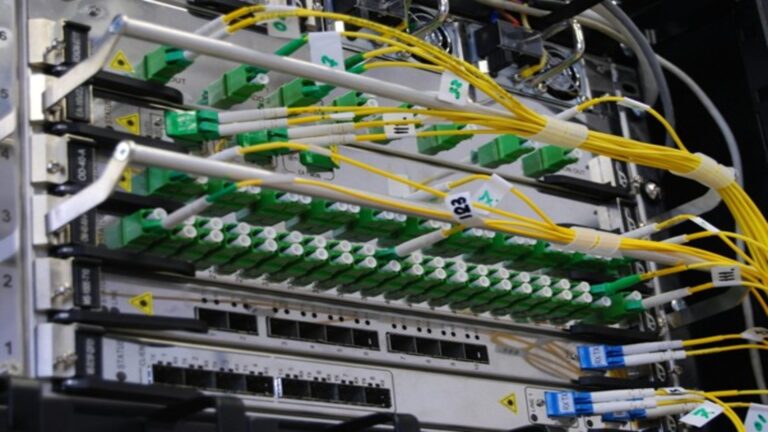 READ MORE
READ MOREThe invisible infrastructure war between microwave and fiber networks is transforming global finance at its core. As trading algorithms grow more sophisticated, the battle for transmission supremacy has become a zero-sum game where nanoseconds determine profitability and network choices dictate competitive advantage. The Physics of Financial Velocity Light’s behavior through different mediums creates an unavoidable […]
 READ MORE
READ MOREImagine walking into your office to find every customer record, financial document, and project file wiped out. Not by a natural disaster or theft, but by a single corrupted update or malicious line of code. For businesses without robust protection, this isn’t a nightmare—it’s a daily reality. The financial impact of lost data can run […]
 READ MORE
READ MOREWithin the past decade, we have watched as fintech platforms and firms took the global financial industry by storm. Basically, they have revolutionised every aspect of finance, including online money transfers, savings, investment, and payments, with various digital solutions. Clearly, the market for digital financial services is bubbling. And as it continues to grow, the […]
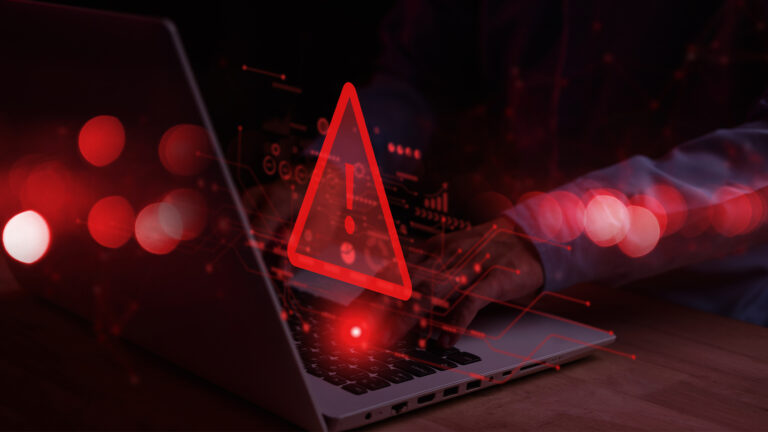 READ MORE
READ MORELarge businesses in the UK are increasingly exposed to cyberattacks, with fresh data showing a clear link between company size and breach frequency – but experts are warning that smaller firms may be dangerously underestimating the threat.
 READ MORE
READ MOREThe rise of mobile banking and financial management apps has changed how businesses and customers interact. The intent: offering increased convenience and efficiency.
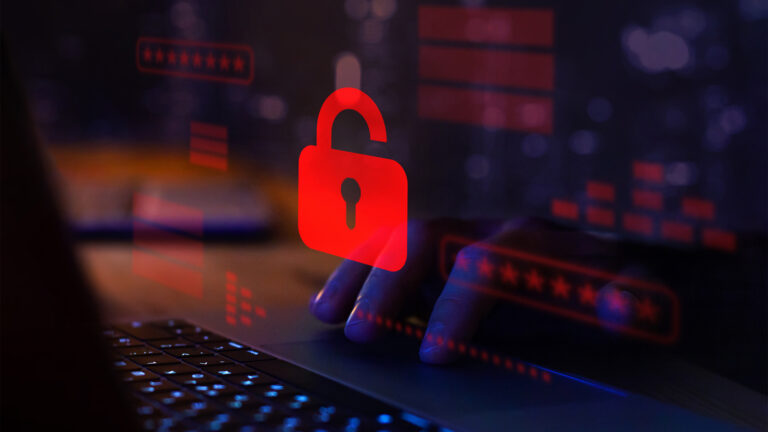 READ MORE
READ MOREPublic sector organisations in the UK are facing an increasingly severe threat of advancing cyberattacks, such as ransomware, phishing and distributed denial-of-service (DDoS) attacks.
 READ MORE
READ MOREExperts suggest cyberattacks are evolving faster than you can keep up – Here’s how to protect your business.
 READ MORE
READ MOREUK Connect, a leading connectivity and communications solutions provider, has announced a strategic partnership with BlueFort, the UK's premier independent Security Solutions Partner, to significantly enhance cybersecurity protection for construction industry clients.
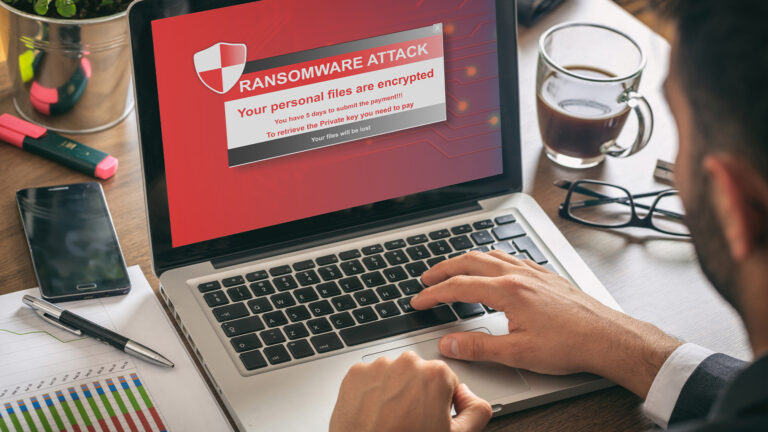 READ MORE
READ MOREALSO urges UK businesses to employ robust cybersecurity measures against ongoing, AI-boosted ransomware attempts.
 READ MORE
READ MORENew data from the latest annual SAP Concur CFO Insights Survey* reveals the evolution of top priorities for finance leaders amid challenging economic conditions and geopolitical tensions – from AI to cybersecurity.
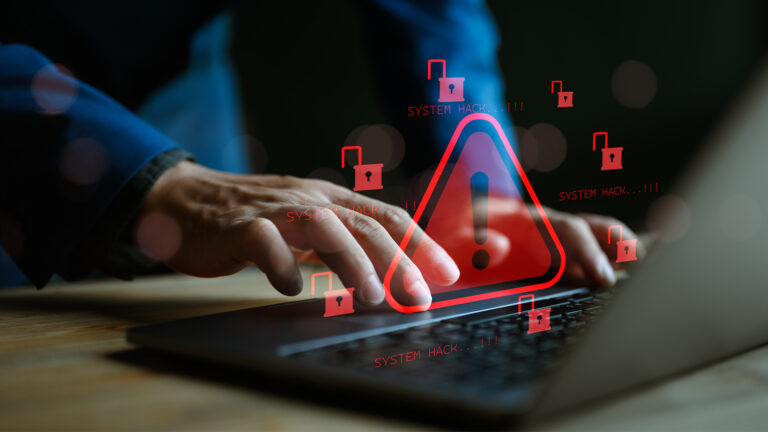 READ MORE
READ MORE87% of security professionals report that their organisation has encountered an AI-driven cyberattack in the last year, according to a new study by SoSafe, Europe’s largest security awareness and human risk management solution.
 READ MORE
READ MOREWith the recent news from GCHQ that the UK is facing a “widening gap” in its ability to fight cyber threats, 2025 looks to be an increasingly tough year for cybersecurity experts
 READ MORE
READ MOREAccording to a new report, UK businesses encountered more than 753,341 malicious attempts each to breach their online and IT systems in 2024.
 READ MORE
READ MORETechnology is driving a digital revolution in construction, and with this hi-tech transformation comes new threats as firms are exposed to more sophisticated cyber risks than ever before.
 READ MORE
READ MOREA recent report by security firm Egress has highlighted the increasing role that quishing is playing in phishing attacks.
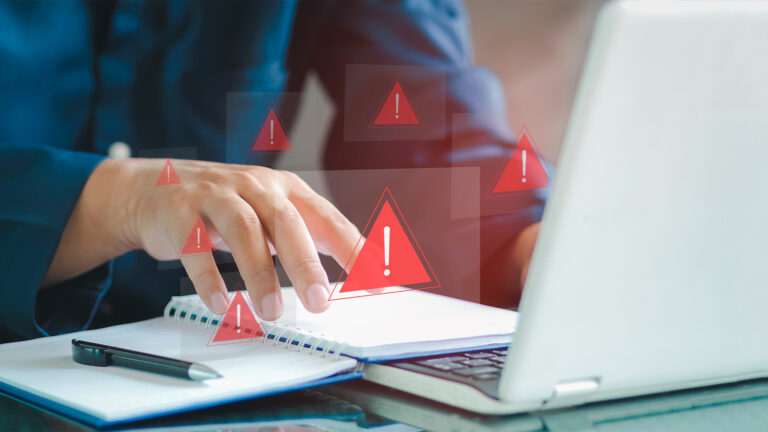 READ MORE
READ MOREAs the festive season comes to an end, cyber criminals and malicious actors are still poised, ready to strike on unsuspecting victims.
 READ MORE
READ MOREWarnings from security experts increase after reports of a staggering 26% rise in cyber attacks in quarter three of 2024.
 READ MORE
READ MOREBusiness owners and leaders are being urged to bolster their company’s email security practices to safeguard their operations and sensitive information.
 READ MORE
READ MOREA staggering 89 per cent of UK cybersecurity professionals believe that AI is more beneficial to cybercriminals than to defenders.
 READ MORE
READ MOREFor employers, the challenge lies in balancing the flexibility of remote roles with the need for robust data protection.
 READ MORE
READ MOREThird-Party Cyber Risk Management is essential for a business partnering with external vendors. Read this to learn how to implement it in your retail business.
 READ MORE
READ MOREThe Information Commissioner’s Office (ICO) and National Crime Agency (NCA) have signed a memorandum of understanding (MoU), designed to enhance cooperation and reaffirm their commitment to helping victim organisations.
 READ MORE
READ MOREybersecurity breaches are a significant threat to a company's financial health and its reputation. While the immediate consequences of cybercrime often involve data loss, corrupted information, and compromised accounts, the long-term implications can be far more devastating.
 READ MORE
READ MOREIBM’s 2024 Cost of a Data Breach report has highlighted the increasing cost for organisations that suffer a data breach in the finance sector.
 READ MORE
READ MOREWith an increasing reliance on technology, the protection of sensitive data and digital assets has become paramount for businesses of all sizes. The UK Government’s Cyber Security Breaches Survey 2023 estimates there were 2.39 million instances of cybercrime affecting UK businesses in the prior 12 months - and for small businesses, navigating the complex landscape of cyber threats can be daunting and confusing.
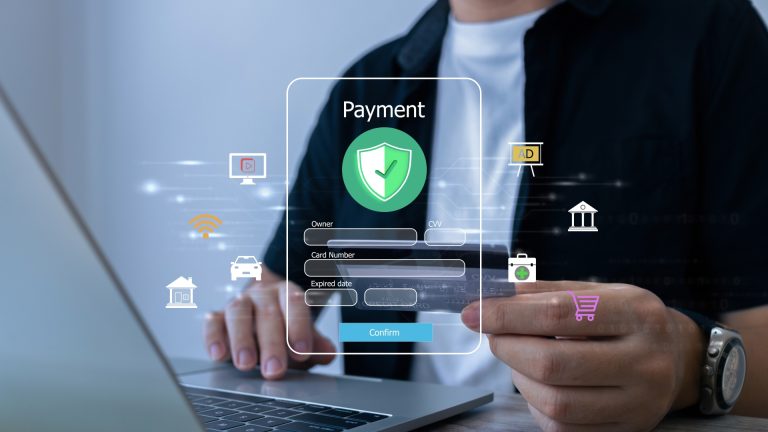 READ MORE
READ MOREAs the digital age evolves, the banking sector faces many cybersecurity threats that can compromise sensitive financial data and disrupt operations.
 READ MORE
READ MOREThe financial sector thrives on trust and security. But with the ever-evolving landscape of digital banking, new banking risks emerge constantly.
 READ MORE
READ MOREIn the modern banking landscape, speed and efficiency are not just desirable attributes—they are essential.
 READ MORE
READ MORECybersecurity has become a significant concern for businesses of all sizes. With the increasing number of cybersecurity threats, it's crucial to have robust security measures in place to protect sensitive data and systems.
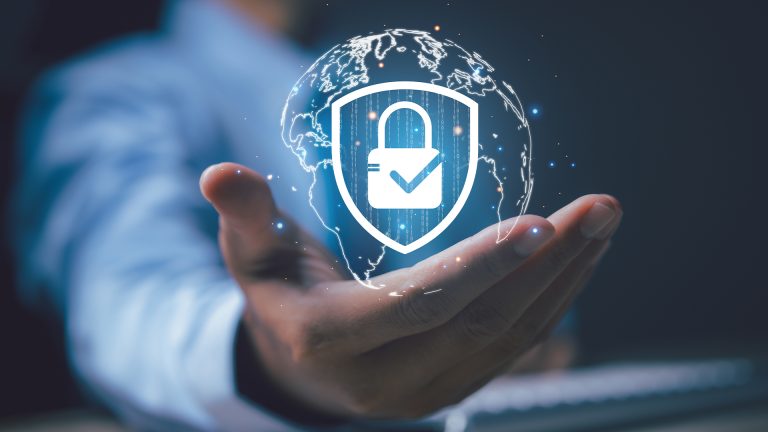 READ MORE
READ MORECybersecurity certificates are becoming increasingly important in today’s digital age. From boosting career opportunities to validating expertise in IT, there are many reasons why more and more people are gaining cybersecurity certificates to bolster their CV.
 READ MORE
READ MOREIn today’s world where cyber threats are becoming increasingly complex and downright relentless, the application of Artificial Intelligence (AI) toward cybersecurity strategies is a welcome advancement helping us protect our digital environments. Sophisticated machine learning algorithms and predictive analytics are empowering organizations to better predict, identify, mitigate and neutralize cyber threats quickly and far more accurately.
 READ MORE
READ MORECyber security expert Ian Dickenson from A1 SEO Glasgow delves into the potential reasons why Instagram and Facebook might go down, shedding light on the complexities of digital infrastructure and the implications for users and businesses alike.









